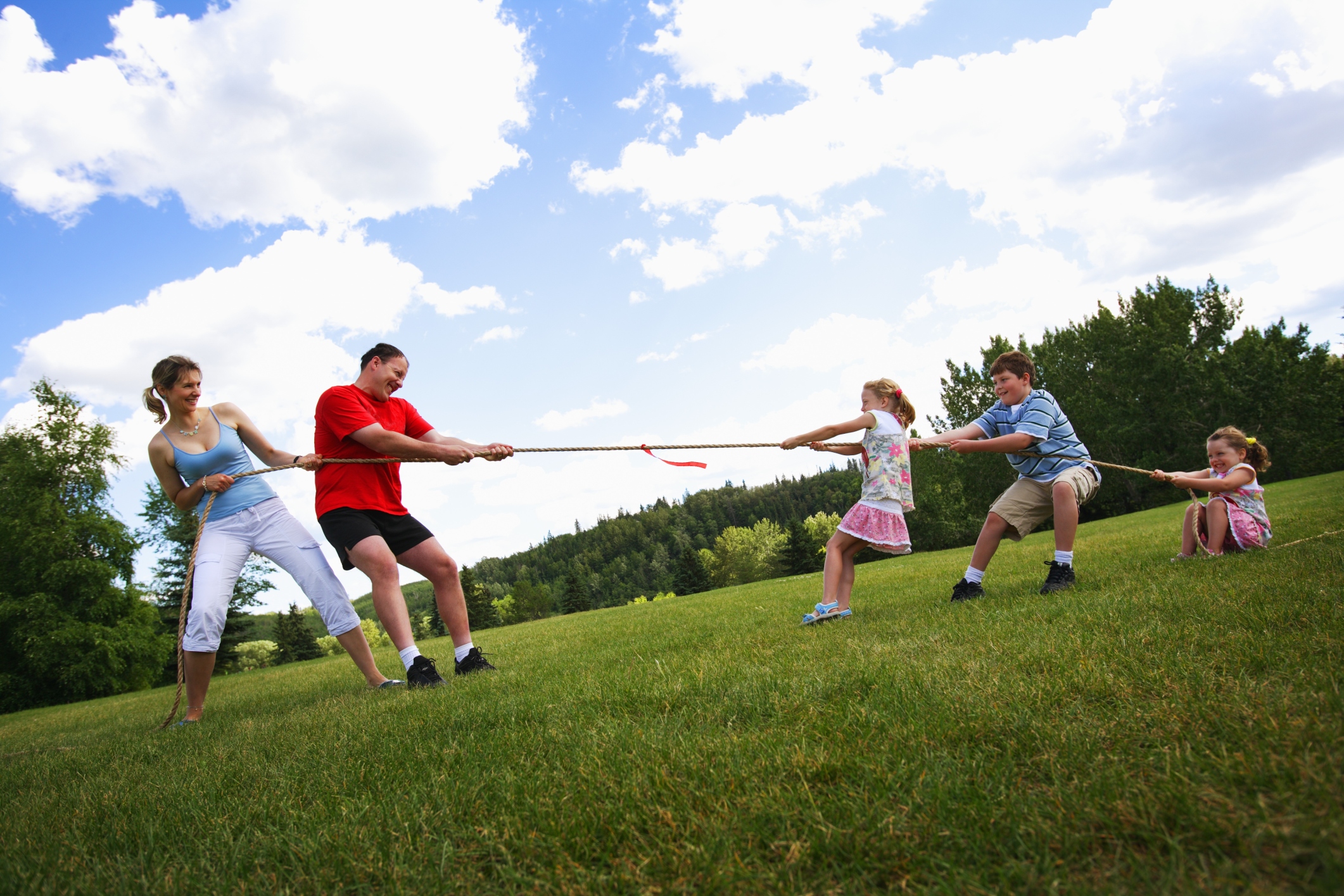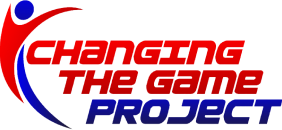Many years ago, when I first started Changing the Game Project, I travelled to Los Angeles to speak at a parent education day for The Brentwood School. The keynote speaker that day was psychologist and author Madeline Levine. She has written two NY Times bestsellers on parenting (The Price of Privilege and Teach Your Children Well), and just released a third book, Ready or Not: Preparing Our Kids to Thrive in an Uncertain and Rapidly Changing World. She is also the co-founder of Challenge Success, a Stanford Graduate School of Education initiative to decrease the stress and anxiety so many of our children are facing due to the overemphasis on test scores and homework in many of our schools. I remember her being a wonderfully entertaining and informative speaker, and I recently found my notes from her talk. She put up an image that looked at lot like this one and asked the audience a simple question:

“How many of you who consider yourselves successful have followed the straight path, and how many followed the squiggly path?” Our room was like every other room she spoke to throughout her career. Only about 10% of the room identified with the straight path, while 90% saw their path to success as very indirect, filled with multiple ups and downs, multiple failures and successes, yet they ultimately found their path. Then Levine said the following:
“Under the right circumstances, our children will develop in optimal ways.”
What she meant that day, and what she wrote about recently in The Atlantic Magazine, is that “encouraging children to follow a linear path makes them cautious and competitive, when what they are most likely to need are curiosity, a willingness to take risks, and a talent for collaboration.” I found her advice that day perfect for helping our children as they grapple with the physical, social and emotional challenges brought about by sports in general, especially in the era of COVID-19.
Our young athletes need us more than ever to help create the right circumstances for their development, and the new normal may look very little like the old one did. This is not about mowing down all the obstacles in their paths; it is about helping to instill the values and coping skills to succeed. Her timeless advice that day really helped me to think about how to help my own children, and those I coach. She outlined six powerful ideas:
- Define Success and Expectations: if success is solely about the outcome of a game, and winning becomes the only goal, we take our children off the path for development and excellence, and it becomes complete outcome focused. Winning everything is not how life works, and sport is the perfect venue to focus upon learning from mistakes and disappointment. Take the time to help your children learn from this experience and help them see the big picture, perhaps by sharing your own squiggly path.
- Enforce Limits and Consequences: We speak often about great teams playing to a standard, and now more than ever we need standards that our children will uphold. Set limits on things like maximum screen time, minimum required exercise and fitness time, and enforce those standards. This is not the time to turn the blind eye to unacceptable behavior. Our children might not appreciate it now, but they will respect us for it in the long run.
- Honor Health and Well-Being: I am amazed how many times I see examples of the health and well-being of children being ignored in sports in the pursuit of some silly trophy or to “win the big game.” last night I watched the documentary Athlete A about the USA Gymnastics scandal, and I was absolutely shocked and disgusted by the utter disregard for the young girls that were supposedly under the care of trained coaches and professionals, all in the name of pursuit of medals. It was shocking. The lifelong health and well being of our children always comes first, and right now it is more important than ever that we remember this and focus upon the person first, and the athlete second.
- Expect Best Effort and Focus on the Process: true champions are outcome aware, but purpose and process driven. As our children go through return to sports, or simply preparing to return to sports, we must hold them accountable for best effort, and help them understand the process of getting their fitness and sharpness back. More importantly, we must help them understand that improving and attaining mastery is all about a series of marginal gains, little things done right day after day, with ups and downs. This is true in sports, relationships, and life.
- Never Rupture Your Relationship with Kids: Parenting is hard, and ultimately every athlete ends up in the bar league if you know what I mean. To destroy our relationship with our children over sports, or academics, is just crazy. This does not mean we ignore standards and rules (see #2) but I have seen so many parents pushing their children to their goals while never asking their children what they want out of sport. COVID has certainly clarified for many children that they didn’t love the long hours or commitment, while for others it has solidified their love of their team and sport. Pay attention to yoru children and ask them why they play. Support their goals and passions. And never rupture that relationship over the pursuit of some childhood achievement that means very little in the grand scale of life.
- Build a Sense of Purpose and Responsibility at Home: We must teach our children that the world doesn’t revolve around them, and that starts by giving them a purpose and some responsibility at home. No matter how well they played this weekend, they still have chores to do, family standards to uphold, community service to perform, etc. This responsibility and sense of purpose in the family “team” carries over to their sports team, helps to keep them humble, and teaches them to ask “what can I give?” instead of “what can I get?”
It is really tough to be a parent right now, and even tougher to be a child, especially an athlete whose world has been turned upside down. So many high school athletes who are pursuing college sports have no idea when a recruiter might see them next, and are scared of falling behind. Others are devastated by the potential of losing their senior season. Other kids who desperately need sports and activity are prevented from playing now due to COVID due to facility closures and limited contact. Yet sports are only a microcosm of the struggles facing our children right now.
Ultimately I think 99.9% of these kids will view this time as much more than simply what happened during their sporting lives. This will be a transformational experience for all human beings. That is why we need the adults in the room, the parents and coaches, to remember our influence during this time will not be neutral. It will be either positive or negative. And the more aware we are of our influence, the more powerful it will be.
Let’s help our children by defining success and expectations. Be sure to enforce limits and consequences. Expect best effort and be process driven. Build a sense of purpose and responsibility. Do not rupture your relationship vour sport or school right now. And most importantly, honor, support and ensure their health and well-being as people and as athletes. By following these six essential pieces of advice above, our children will, as Levine suggests, develop in optimal ways on and off the field. Good luck!












Comments